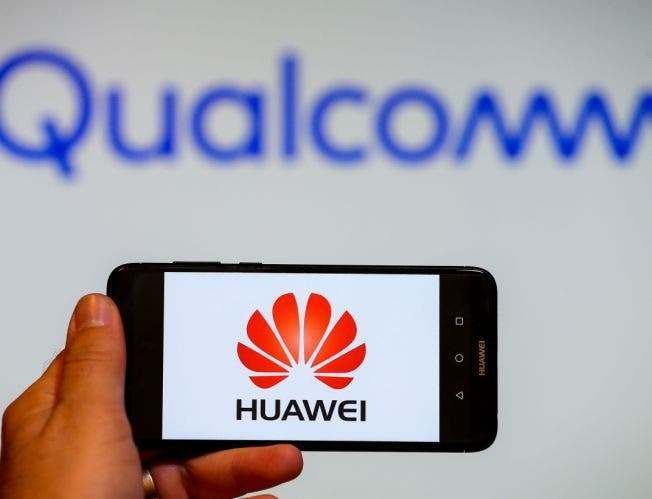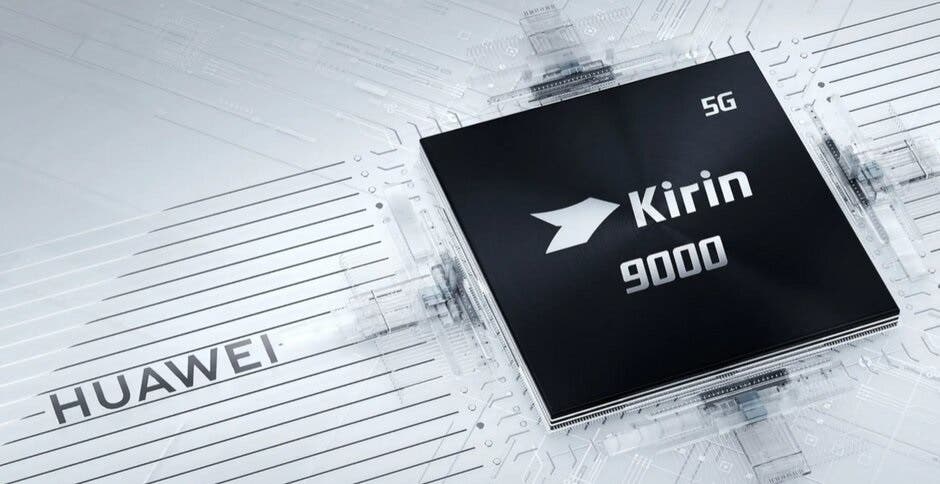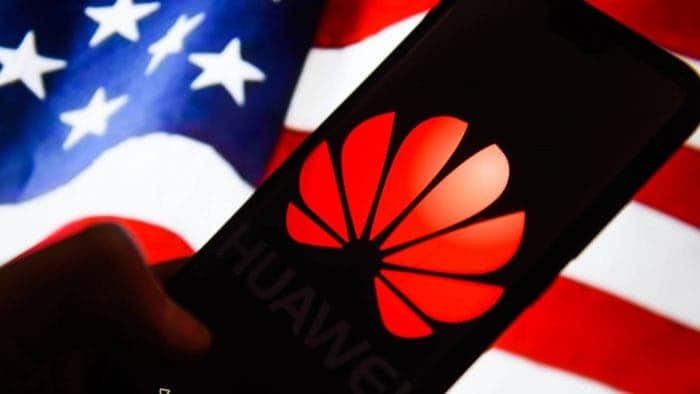Recently, Huawei has been strongly associated with US sanctions and many are in a hurry to bury it. But it seems that the Chinese company still has hopes.
The US Department of Commerce has begun issuing licenses to partner companies to work with Huawei. It is known that manufacturers such as Intel, AMD, Samsung Display and Sony have already received the appropriate permission, and the total number of companies that can return to work with Huawei is already about 100. In total, more than 300 component manufacturers have applied for a license, including Qualcomm as well as MediaTek. The American chip maker has confirmed that it has applied for a license and hopes to be able to resume cooperation with Huawei.
Also, the Taiwanese chip maker MediaTek may resume cooperation with Huawei, but these rules apply only to outdated technologies. In particular, we are talking about the supply of processors manufactured using the 28 nm process technology, while chips with more relevant and advanced technical processes, including 7 nm and 5 nm, are prohibited.

The situation with the ability to purchase Samsung displays looks no less strange. The South Korean giant can supply the panels themselves, but there are no microcircuits for their operation. It remains for us to observe the development of events and hopes that common sense will prevail and the United States will allow Huawei to return to full-fledged work in the smartphone market.
Huawei plans to build a 20nm chip factory in Shanghai
Despite the numerous ban from the U.S. on Huawei, the company is trying to forge ahead. So far, the effect of the ban has not been disastrous. However, it appears that we are yet to see the worse period of this ban on Huawei. According to the company, the Kirin 9000 SoC will be its last flagship chip. Some people may wonder why Huawei can not produce chips because of the U.S. ban. Like most companies, the Chinese company only does chip design and not chip manufacturing. In fact, only Samsung does both chip design and manufacturing. The likes of Qualcomm, MediaTek and a host of others do only chip design like Huawei.

Most of these companies sublet the chip manufacturing to TSMC, the most advanced chipmaker in the world. However, TSMC uses a lot of American technology in its manufacturing process. The U.S. ban stops TSMC from using those technologies for Huawei. This is exactly why the Kirin chip can not continue without the U.S. approval.
The Chinese manufacturer has alternatives for entry-level and perhaps mid-range chips. However, for flagship chips, there is no alternative. According to the Financial Times, Huawei is planning to build a chip factory in Shanghai that does not use American technology. According to insiders, the manufacturing plant is expected to start manufacturing low-end 45nm chips. The A4 chip on the iPhone 4 (2010) uses a 45nm process.
Follow Gizchina.com on Google News for news and updates in the technology sector.





